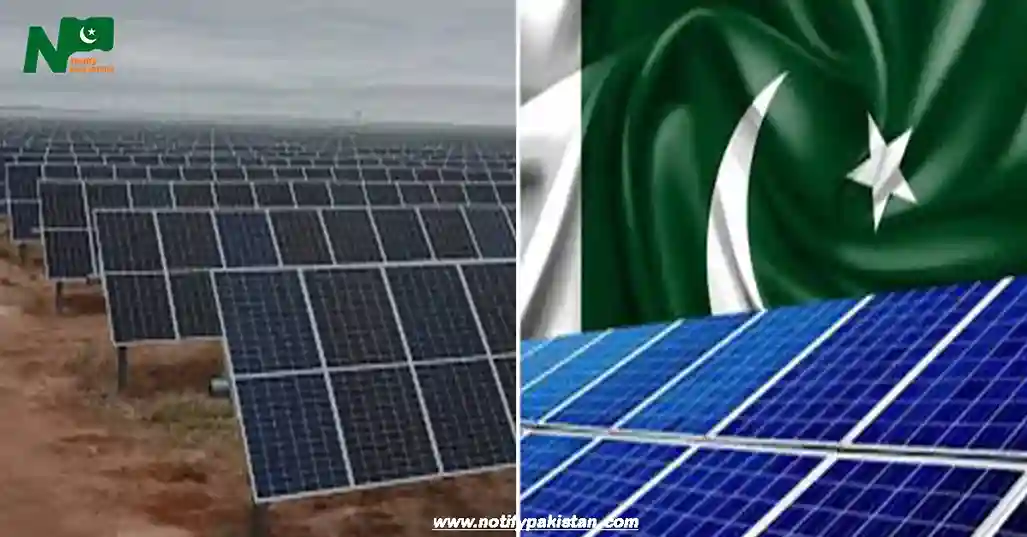Islamabad – The government’s continued indecision over whether to support solar energy or protect imported fuel-based power generation has caused it to postpone establishing a new policy for the manufacturing of solar panels.
According to Express Tribune, Sinotec Solar Corporation, a well-known US solar panel producer, has suffered as a result of this delay in its investment plans. The company intends to move its production from Thailand and establish an automated facility to produce premium solar panels for export.
Read Also: Punjab Government to Distribute Free Solar
Last Monday, the Cabinet’s Economic Coordination Committee (ECC) postponed approving the 2024 solar panel production policy. The fact that this was the fourth postponement is noteworthy.
The ECC’s delay runs counter to the directions from the government to implement the plan to reduce reliance on imports. Once localization exceeds 50% of the total panel value, there might be considerable annual savings of up to $900 million from the country’s import bill due to the increased production of solar panels domestically.
Increased import costs on completed solar panels are part of the Ministry of Industry’s planned policy, which aims to reduce reliance on imports. Other measures include exemptions from duties and taxes on machinery and input materials used in domestic manufacture.
The program suggests a ten-year plan with yearly goals for localization, exports, investment, and production capacity. Bank guarantees equal to tariff and tax exemptions must be provided by investors. The strategy sets targets for localizing solar panel parts and calls for enterprises to gradually raise their production and export percentages over time.
In favor of duty-free panel imports for two years, the Ministry of Energy has suggested a ten-percent customs charge on PV modules over the following ten years and has refused to accept a twenty-percent localization in the first two years. The incentives are reliant on achieving localization and export goals, and if those goals are not met by more than 20 percent, there are clauses allowing for incentive recovery and withdrawal.
Although the government has set a target of adding 10,000 megawatts of solar electricity by 2031, there is still uncertainty regarding the new policy’s acceptance.

